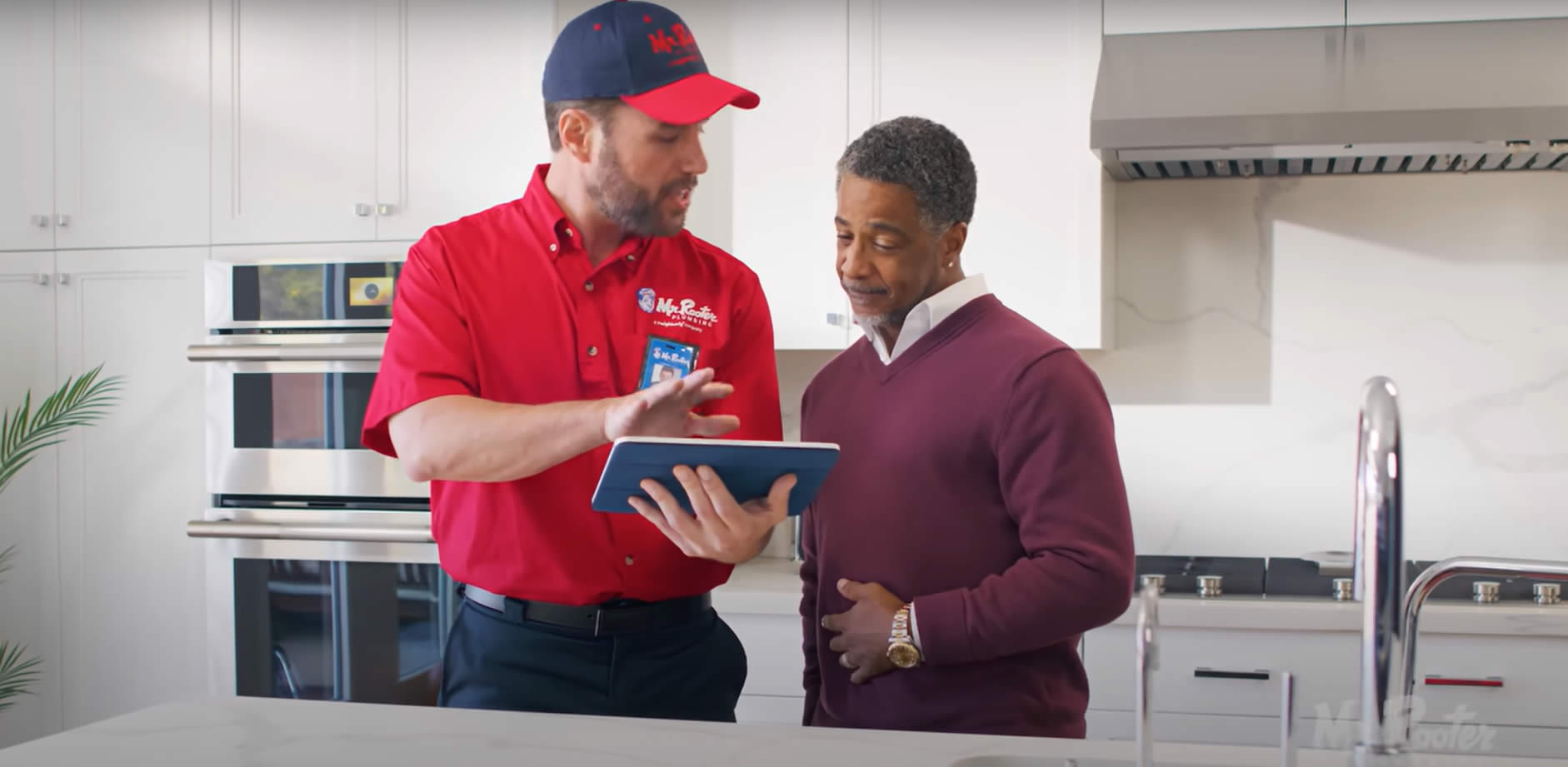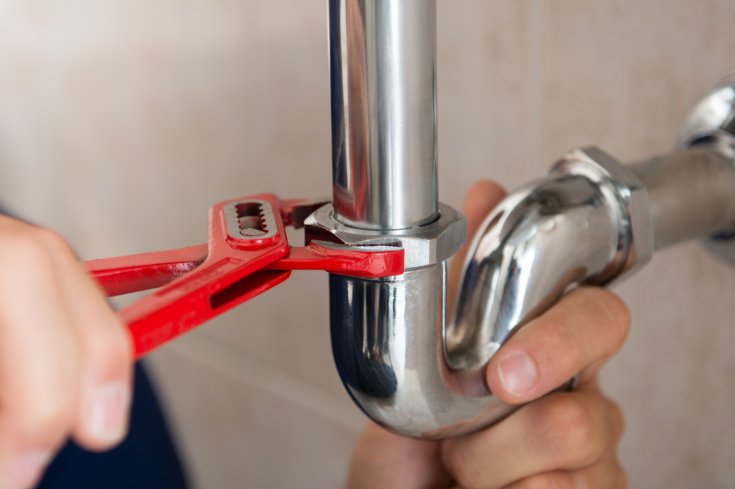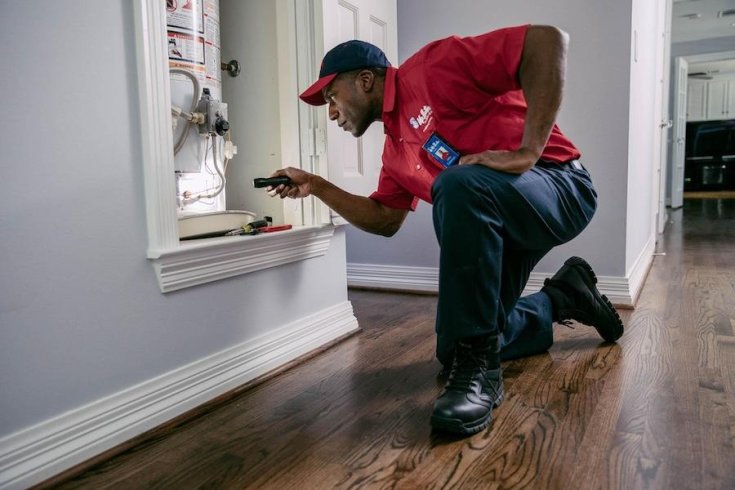If you’re reading this article, there’s a good chance you’ve heard about the benefits of insulating your water pipes, especially if you live in colder climates. Insulating plumbing pipes is essentially wrapping a material around pipes to control heat transfer. Some of the common materials used for water pipe insulation include fiberglass, rubber, foam plastic, and mineral wool. In this blog post, we will discuss the advantages of pipe insulation.
Benefits of Insulating Your Water Pipes
- Prevent Pipes from Freezing
The first line of defense against frozen pipes is proper insulation. Plumbing pipes are more likely to freeze once temperatures drop below zero degrees Celsius. Water pipes in unheated spaces, such as basements, attics, garages, and crawlspaces, are at a higher risk of freezing and rupturing. This is why insulating your water pipes is important. Insulation helps trap heat within the pipes, preventing the water inside from freezing. While insulating your water pipes may cost you some money upfront, the long-term benefits outweigh the initial investment. You’ll save money on repairs from frozen or burst pipes.
Insulating hot water pipes is one of the simple and effective ways to save energy and money. Hot water in uninsulated pipes loses heat to the surrounding cooler environment. This heat loss forces the water heater to work harder to maintain the desired water temperature. Pipe insulation acts like a thermal blanket, trapping the heat within the pipes. This reduces the amount of heat lost to the surroundings, ensuring hotter water reaches your faucets and appliances.
Water moving through pipes can sometimes create noise, particularly in exposed areas. This noise can be annoying for some homeowners. Pipe insulation minimizes these noises and creates a quieter home environment. However, if you’ve noticed persistent noises coming from your pipes, it’s advisable to reach out to a plumbing repair service for an inspection. Vibrating pipes often point to loose pipes, water hammer, or high water pressure. Call a qualified plumber to inspect the pipes and provide you with a solution.
Cold pipes exposed to warm, humid air can develop condensation on their surface. This moisture can accelerate pipe corrosion and cause damage to the surrounding materials. Proper insulation minimizes pipe condensation, thereby helping to extend the lifespan of your pipes.
Is Water Pipe Insulation A DIY Job?
Insulating water pipes is a fairly simple process that DIYers can carry out using simple tools. Foam sleeves and pre-formed covers come pre-slit lengthwise for easy installation. All you need is a utility knife to cut them to size for elbows or valves. While pipe insulation is a DIY-friendly project, there are instances where seeking professional help from a trusted plumbing service might be a good idea. If your home has a complex plumbing system with extensive or hard-to-reach pipes, tackling the insulation yourself might be challenging. Professional plumbers have the experience and tools to navigate intricate layouts and ensure proper insulation throughout the system. If you’re not sure about the process of insulating your water pipes, call a nearby plumbing repair service for help.
Call Mr. Rooter Plumbing for Professional Water Pipe Insulation
If you need help with pipe insulation, trust the skilled and experienced plumbers at Mr. Rooter Plumbing to do a great job. You can count on our experts to help you winterize your plumbing system and keep it in top shape when the temperatures plummet. Mr. Rooter Plumbing is a professional plumbing service offering a full range of services, including water pipe insulation, pipe repair, repiping, sewer repair, and many more. We’ve been offering superior-quality plumbing services for 50+ years, and we’ve built an outstanding reputation for meeting our customers’ expectations.





